New Zealand’s Prime Minister, Jacinda Ardern, this week announced a Royal Commission of Inquiry into New Zealand’s Covid response.
‘A Royal Commission of Inquiry … is the right thing to do, given the Covid emergency was the most significant threat to the health of New Zealanders and our economy since the second world war,’ she said.
According to Ardern, an inquiry is also needed because, while every country grappled with the virus, there was no playbook for managing it.
Already a subscriber? Log in
Subscribe for just $2 a week
Try a month of The Spectator Australia absolutely free and without commitment. Not only that but – if you choose to continue – you’ll pay just $2 a week for your first year.
- Unlimited access to spectator.com.au and app
- The weekly edition on the Spectator Australia app
- Spectator podcasts and newsletters
- Full access to spectator.co.uk

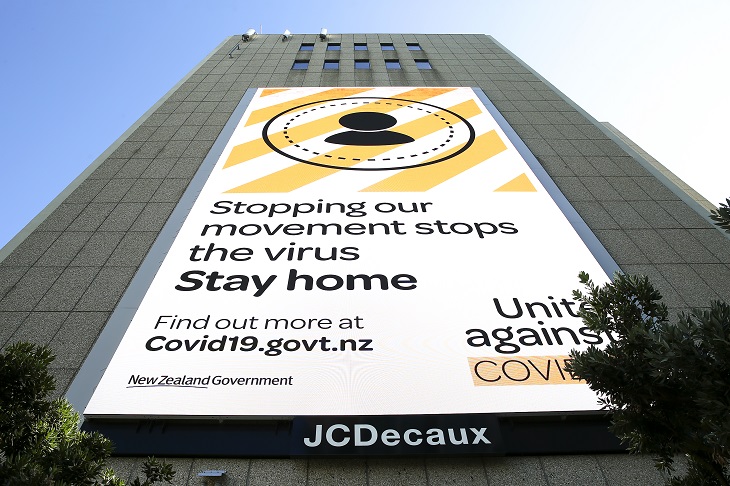
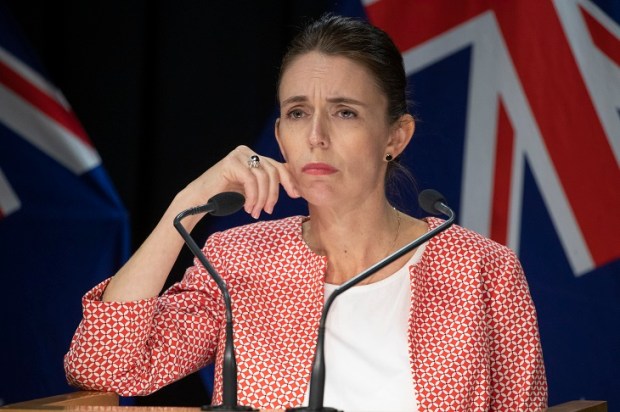
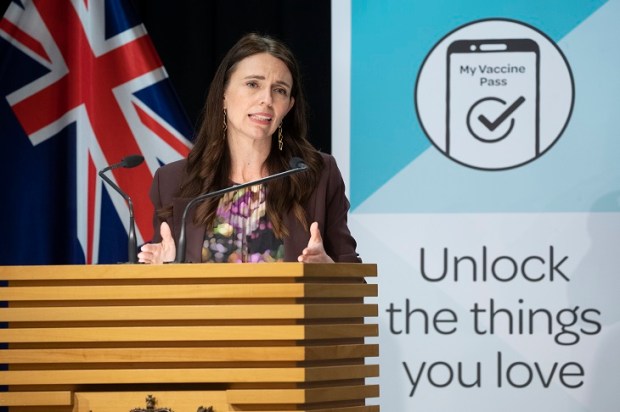
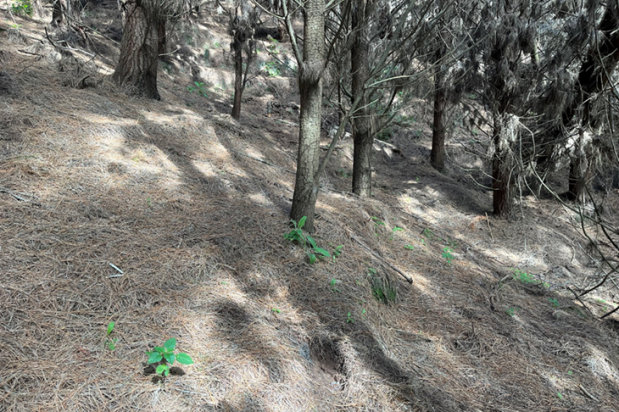
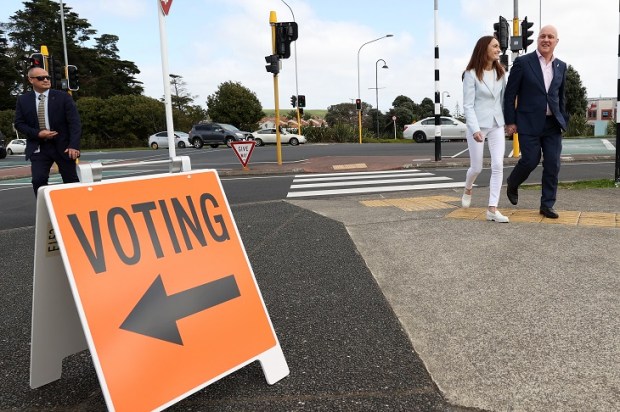

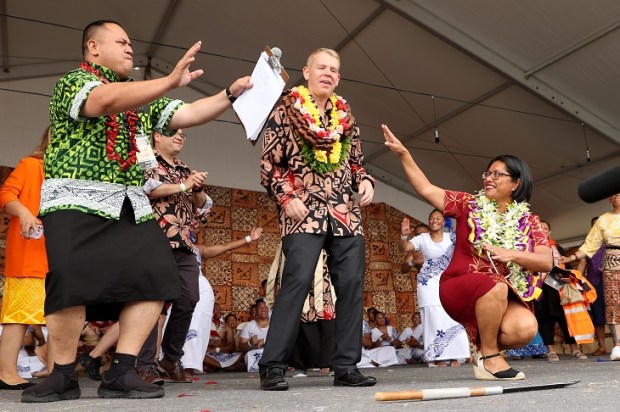


















Comments
Don't miss out
Join the conversation with other Spectator Australia readers. Subscribe to leave a comment.
SUBSCRIBEAlready a subscriber? Log in